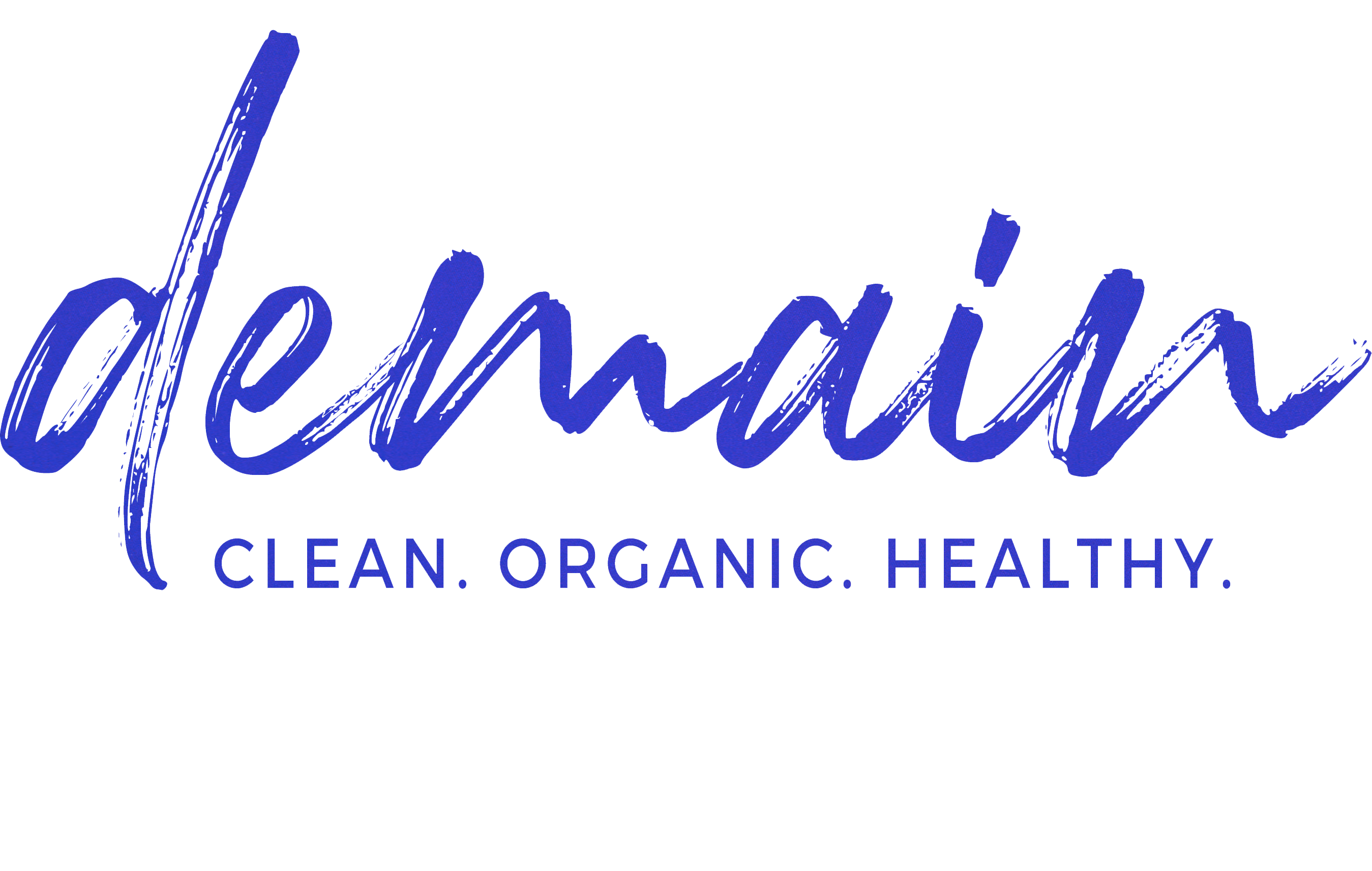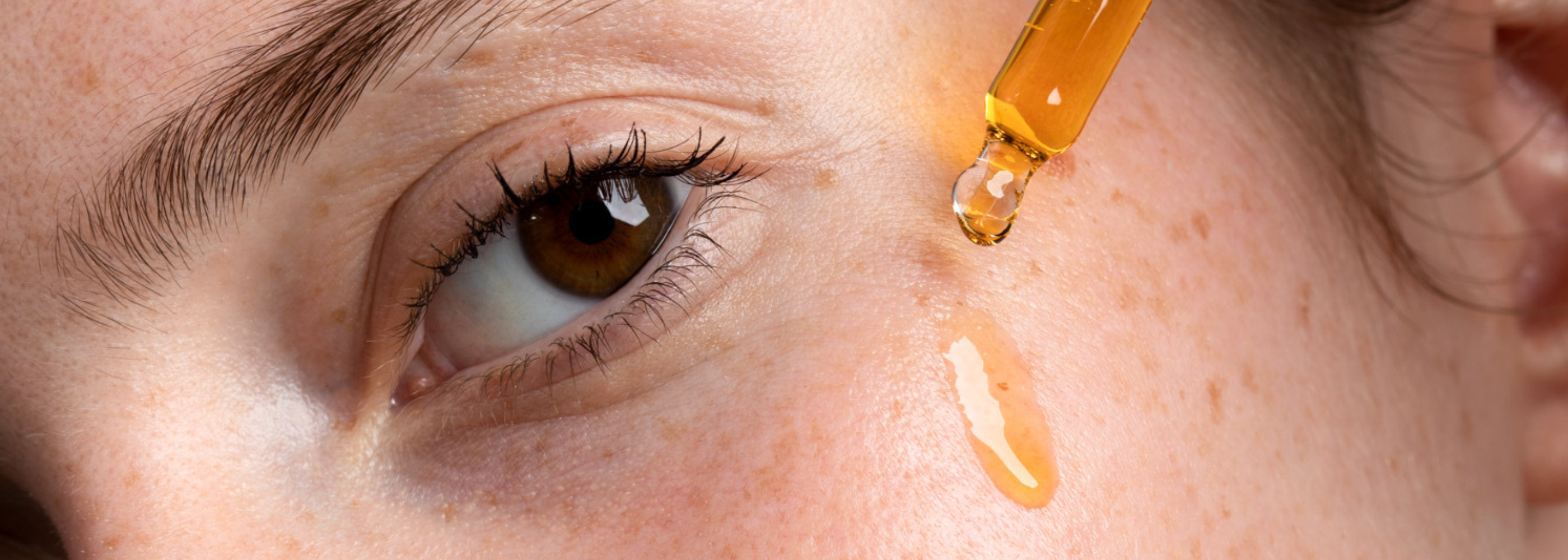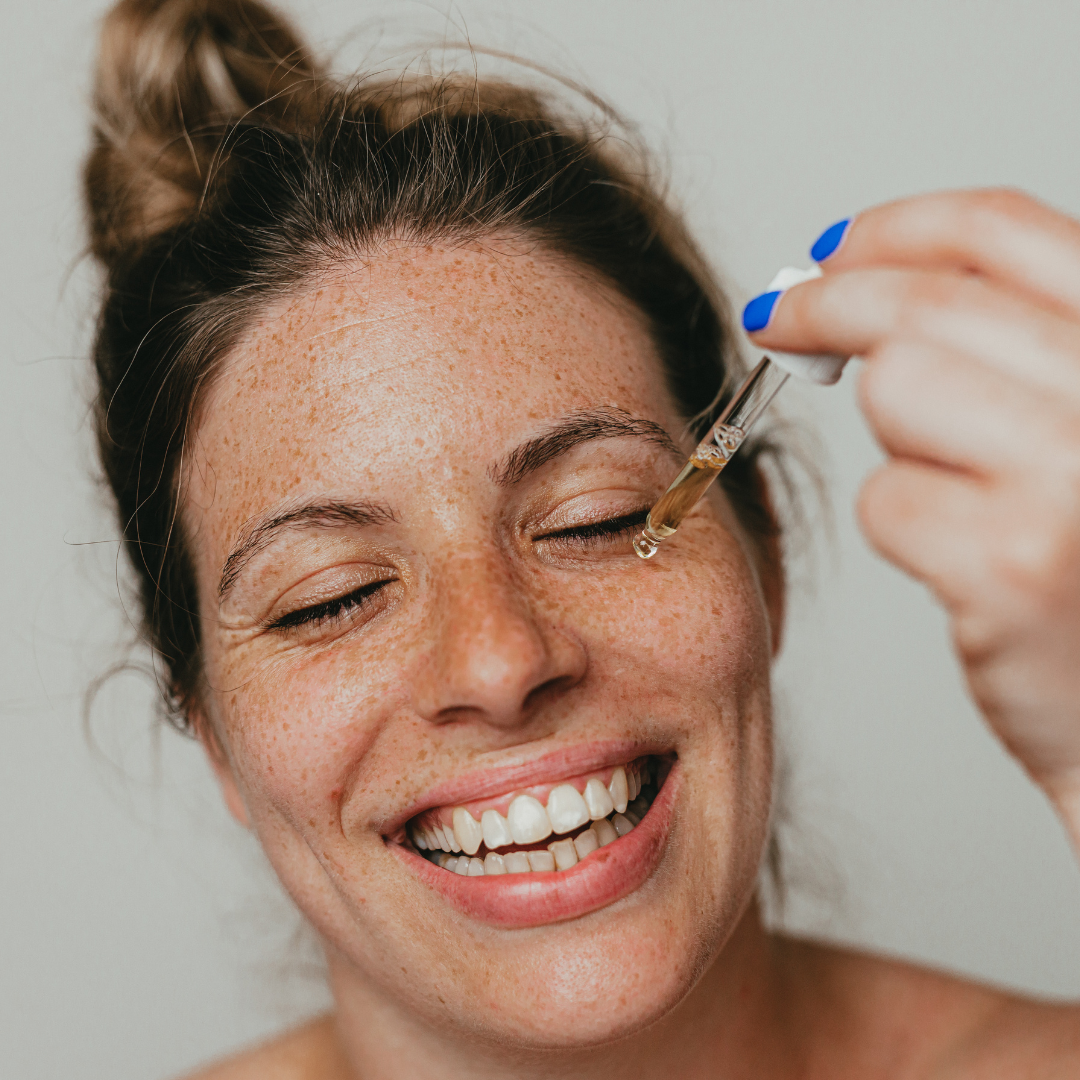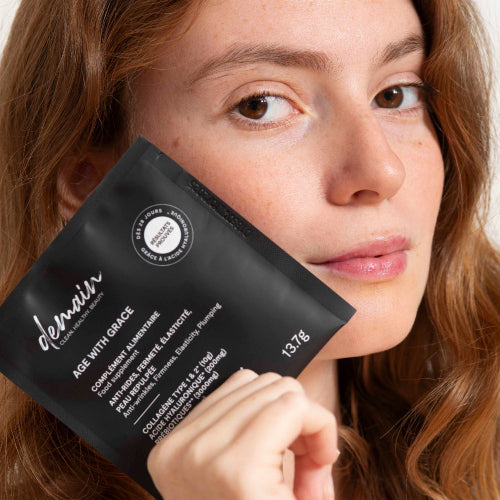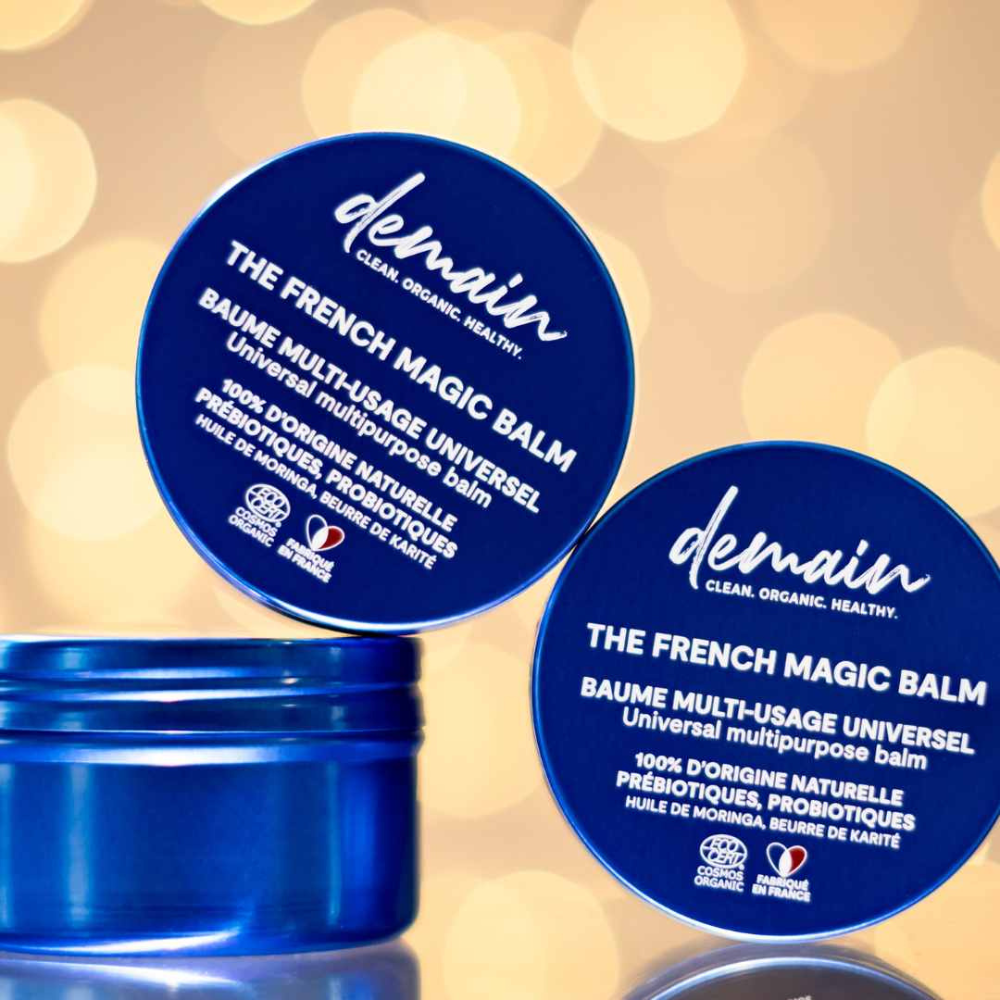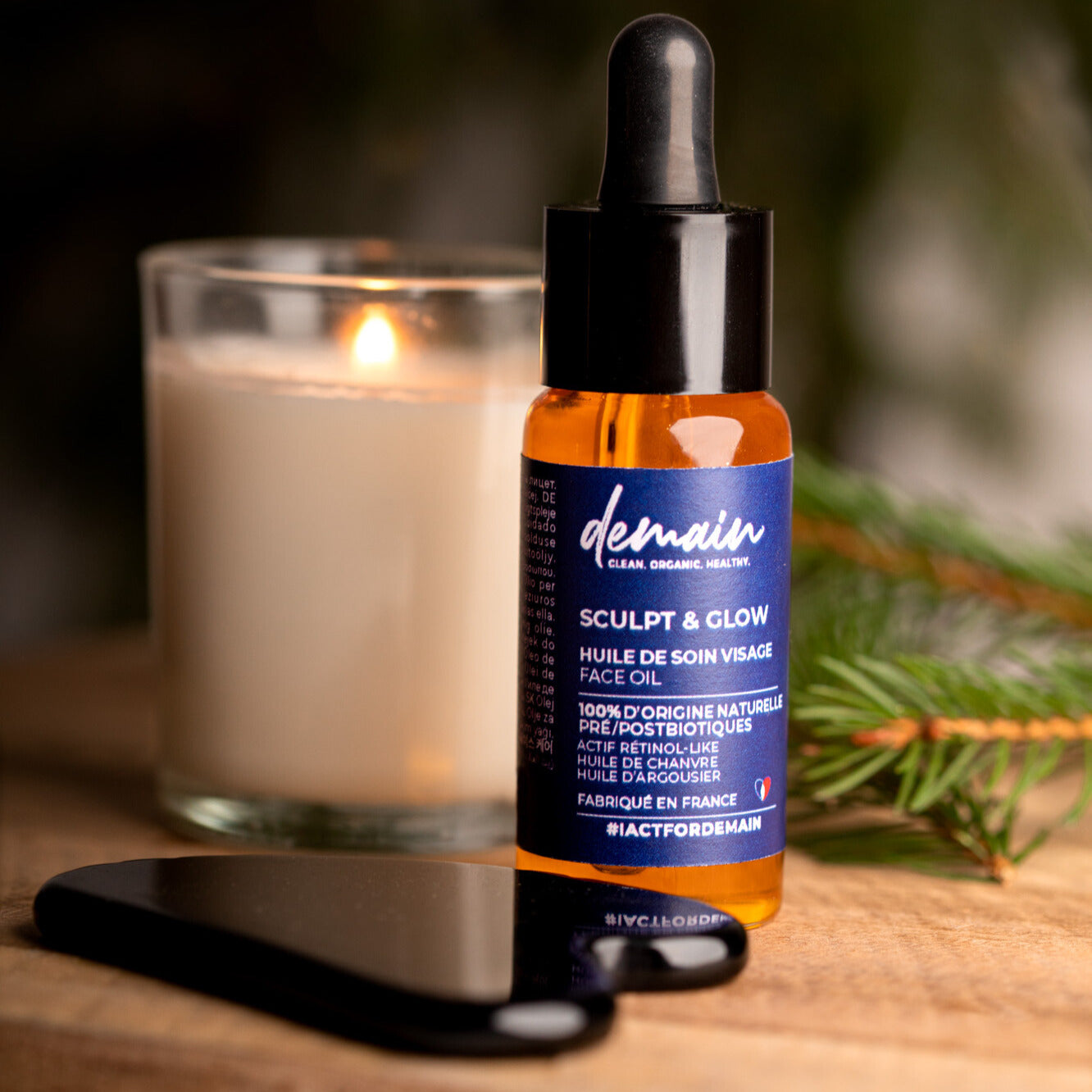Ah those little folds that we all dread seeing appear on our face one day! Anxiety for some, totally assumed by others, wrinkles are a natural phenomenon that results from the aging of the skin.
Good news for the anxious part that lies dormant in us, there is a remedy. What's more, it's natural, while being the most effective on the market: welcome to the world of hyaluronic acid.
WHAT IS HYALURONIC ACID?
It is true that to hear it for the first time the word "acid" is not very reassuring. And yet, more natural than him, it doesn't exist.
Let's start the introductions.
Hyaluronic acid is a molecule naturally present in the eyes, joints and mainly in the dermis.
A quick reminder, our skin is made up of 3 layers:
- The epidermis or outer layer.
- The dermis also called the inner layer. It is here that we will find the fibroblasts which contain the molecules of hyaluronic acid, collagen and elastin which guarantee the elasticity, firmness, tone, hydration and resistance of the skin.
- The hypodermis which is rich in fat.
THE DECREASE OF HYALURONIC ACID IN THE BODY
This loss is due to skin aging and daily aggressions such as UV rays and polluting particles. The effects of the loss of this molecule are quickly visible: dry and/or more fragile skin, appearance of the first wrinkles.
THE BENEFITS OF HYALURONIC ACID
The older you get, the more of this molecule you lose. Consequently, our skin is less hydrated, which leads to the appearance of wrinkles.
HYALURONIC ACID IN COSMETOLOGY
HOW TO CHOOSE YOUR COSMETICS?
High molecular weight hyaluronic acid: This is a large molecule. Being too large to penetrate the epidermis, it will remain on the surface and create a protective barrier to fight against dehydration and the natural evaporation of water.
Low molecular weight hyaluronic acid: As its name suggests, this time it is a micromolecule. The smaller the molecule, the better it will penetrate the different layers of the skin to allow deep hydration.
If you are looking for a product that acts on the tone of the skin, favor the low molecular weight molecule.

Conversely, if you prefer a product that gives a plumping effect and helps to blur fine lines of expression (furrows, crow's feet, frown lines, etc.), opt for cosmetic products containing the molecule of high molecular weight.

HOW TO CHOOSE FOOD SUPPLEMENTS?
They can be taken all year round as needed. Before summer to prepare your skin for the sun. And in winter to fight against low energy, boost hair growth or even maintain beautiful skin.
Although food supplements are sold without a prescription and are easy to use, you must remain vigilant and take the time to choose them.
- Ensure the correct composition of the product. Take the time to read the label because some dietary supplements may contain traces of additives, preservatives and/or allergens.
- Respect the recommendations for use. Do not exceed the prescribed daily doses and the duration of consumption, as an overdose can have toxic effects.
In the same way as creams or subcutaneous injections, food supplements containing hyaluronic acid reinforce the hydration of the skin, help reduce the depth and volume of wrinkles, and bring shine and suppleness to the skin. skin.
They act at a deeper level than cosmetic treatments, the hyaluronic acid being absorbed by the intestinal walls which then irrigate the cells of the skin.

CAN WE FIND HYALURONIC ACID IN FOOD?
Indeed, our way of life and our habits influence the state of our skin and the appearance, more or less late, of wrinkles. A good diet added to an adapted skincare routine thus allows the skin to remain hydrated, to keep its tone, its plumping effect and its radiance.
The most important intake of hyaluronic acid will be through food supplements and cosmetics.
- Low-fat meats such as lamb or veal, bone broths.
- Cod liver oil. A tablespoon a day of cod liver oil as an occasional treatment can help you fight effectively against skin aging.
- Gelatin. A tablespoon of gelatin per day, in cure for one or two months will allow you to delay the arrival of the signs of aging.
- Also favor red and orange foods (peppers, citrus fruits, red fruits) and aromatic herbs such as parsley, coriander or basil.
- Finally, to boost your hyaluronic acid intake thanks to your plate, it is on vitamin C that you have to bet. It does not contain hyaluronic acid strictly speaking but it helps to synthesize it.

WHAT ARE THE DANGERS OF HYALURONIC ACID?
However, it is possible that people with very sensitive skin are prone to allergic reactions such as redness, itching or more rarely swelling. These reactions are harmless to health and disappear within a few days after stopping the use of the product.
With regard to hyaluronic acid injections, on the other hand, there may be postoperative complications. Rest assured, they only affect 0.1% to 1% of people who have had injections.

- The operation can cause an allergic reaction which will lead to an inflammatory reaction.
- Painful granulomas may appear. No need to treat them, they fade naturally between 7 and 10 days after the procedure.
- Note that people predisposed to cold sores can have it after the injections.
- Pregnant or breastfeeding women are not advised to inject.

